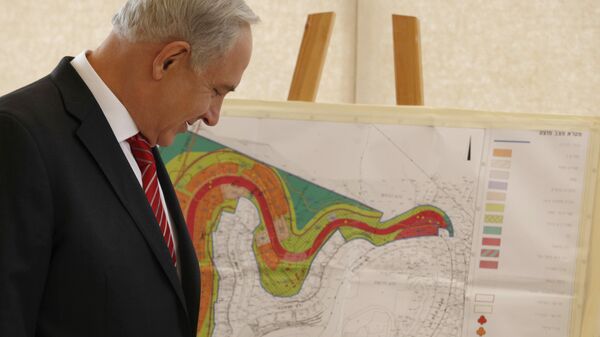Israeli Ambassador to France Aliza Bin Noun has slammed the French children's educational magazine Youpi over the publication of a fact sheet, dubbing Israel a state "with disputed legitimacy," i24news news agency said.
"Shocked by this lie taught to children. Such rhetoric can only encourage anti-Zionism, inseparable from anti-Semitism," Aliza Bin Noun wrote on Twitter, tagging French President Emmanuel Macron.
Choquée par ce mensonge enseigné à des enfants. Une telle réthorique ne peut qu'inciter à l'antisionisme, indissociable de l'#antisemitisme comme l'a rappelé le Président français @EmmanuelMacron pic.twitter.com/X0KBrGfknl
— Aliza Bin Noun (@AlizaBinNoun) 24 декабря 2017 г.
The latest edition of Youpi magazine featured a fact sheet, saying that "we call these 197 countries 'states', like France, Germany, or Algeria. There a few more, but not all other countries in the world agree that these are real states (for example Israel or North Korea)."
Following the criticism sparked by the publication, the magazine apologized "to all those who may have been hurt," adding that it would remove the edition from sale.
"This does not mean that Bayard does not recognize the existence of Israel!" Editions Bayard Jeunesse, the publisher of the magazine, said in a statement.
READ MORE: German Minister Seeks to Create Anti-Semitism Officer Post Amid Protests
"Israel has been recognized as a sovereign state since 1948 and by the United Nations since 1949," Francis Kalifat, President of France's umbrella Jewish group CRIF, said in an interview to i24news, adding that "the Bayard publication conveys political revisionism."
The official added that he wrote to Bayard last week, asking the company "produce an article in the next issue to explain what Israel is so as to accurately inform" the magazine's young readers.
France that is one of the countries that support the two-state solution to resolve the Israeli-Palestinian conflict, with the National Assembly passing a resolution calling for "the recognition of the State of Palestine" in 2014. However, the government's recognition has not officially followed.


